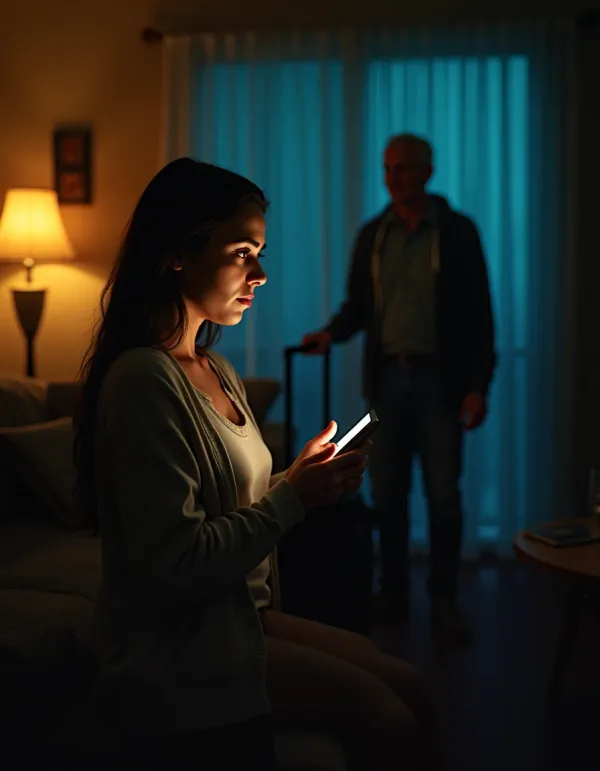My Son Is Dating a Woman Older Than Me — How Do I Handle It?
Your son is dating a woman twice his age — and she's older than you. Feeling shocked, worried, or invisible? Learn quick, empathetic steps to voice concerns, set boundaries, spot red flags, and protect your relationship.

So here’s the situation
Your 33-year-old son is dating a 66-year-old woman — someone older than you. That’s a big age gap and it can feel jarring. You’re not alone if you feel confused, uncomfortable, or worried. Let’s unpack what matters, what people usually worry about, and how you can show up for him (and yourself) without losing your peace.
What’s actually at stake?
- Longevity and caregiving: People often point out that older partners are more likely to face serious health issues sooner. That can mean your son may become a caregiver earlier than he expected.
- Life goals: If he wants biological children or plans decades of travel and adventure, those expectations might not line up.
- Power dynamics: At 33 and 66 power imbalance is possible but not automatic. Age doesn’t equal manipulation — but it’s worth checking for healthy consent and agency.
- Social reaction: Family and friends might react strongly. That can create awkwardness or strain.
Some context
Age-disparate relationships aren’t new. Research shows such pairings happen across cultures and for many reasons — shared interests, life stage differences, or simple chemistry. Trends also show more women are marrying younger men than in past decades. If you want to read more about the social research, see this Wikipedia overview: Age disparity in sexual relationships.
How to handle it — practical steps
Be direct, kind, and curious. Don’t jump to demands or drama. Try these moves:
- Ask open questions: “What do you like about her?” “Have you talked about long-term plans, kids, or health?”
- Share concerns, not ultimatums: “I worry about how caregiving could fall on you. Can we talk about that?”
- Check for red flags: Ensure he’s not being pressured, and he’s fully choosing this for himself.
- Set your boundaries: It’s okay to say if you need space for uncomfortable family events or time to process.
- Support in private: If he’s thought it through and is happy, your calm acceptance can mean a lot.
Parting thought
It’s normal to be weirded out. But remember he’s an adult. Bring curiosity instead of judgment. Ask questions, voice real concerns, and then let him make his choice. In the end, love can look strange from the outside — and that’s okay. You can protect your peace while staying close to your son.




